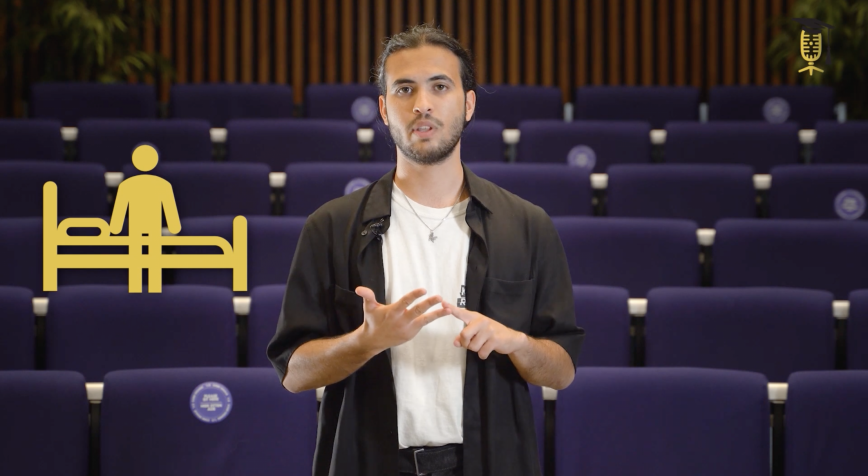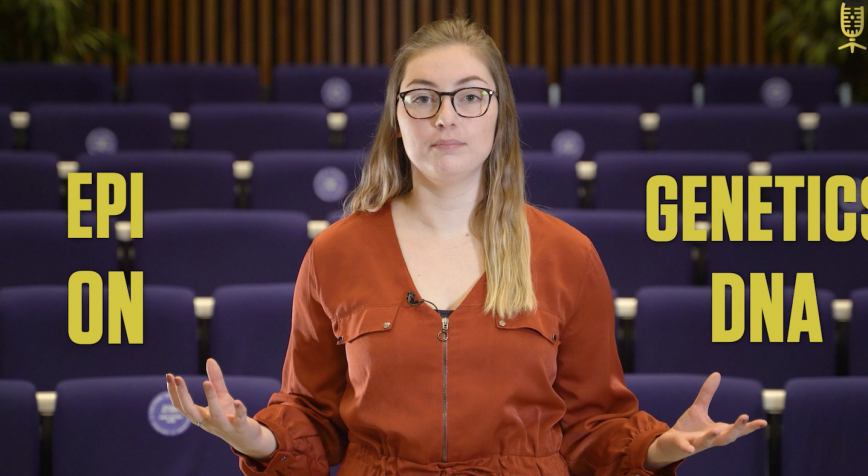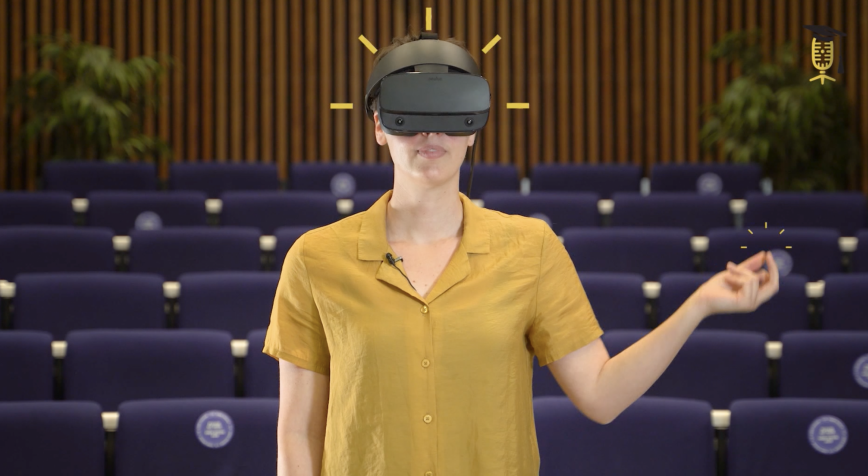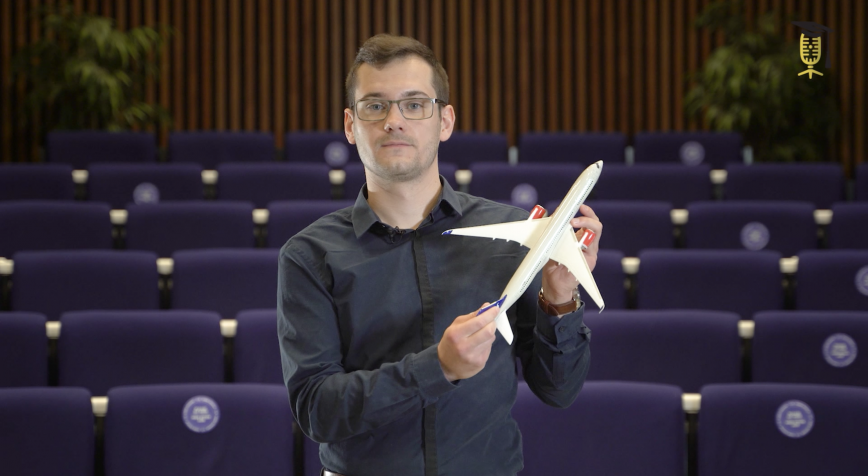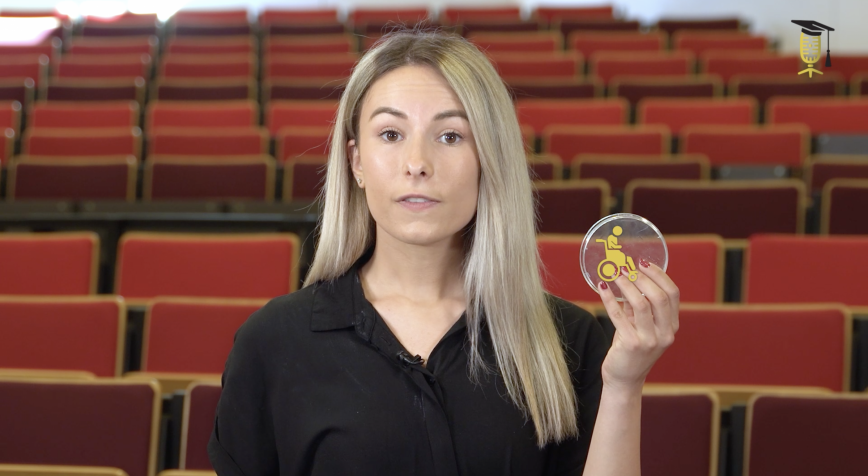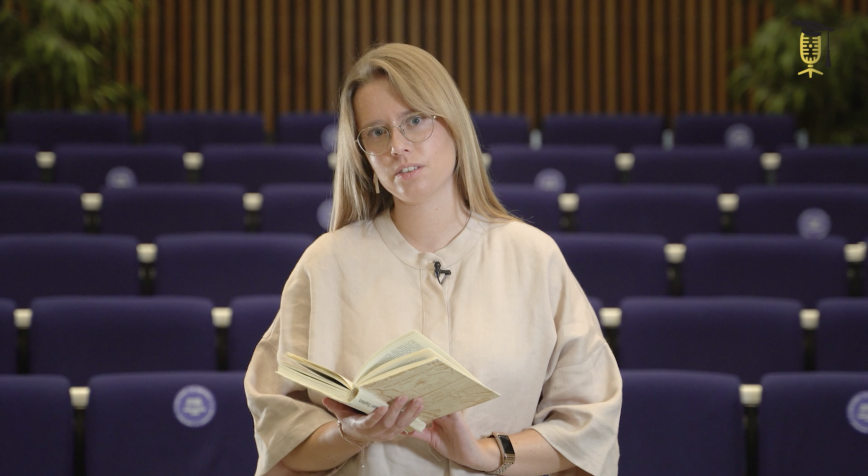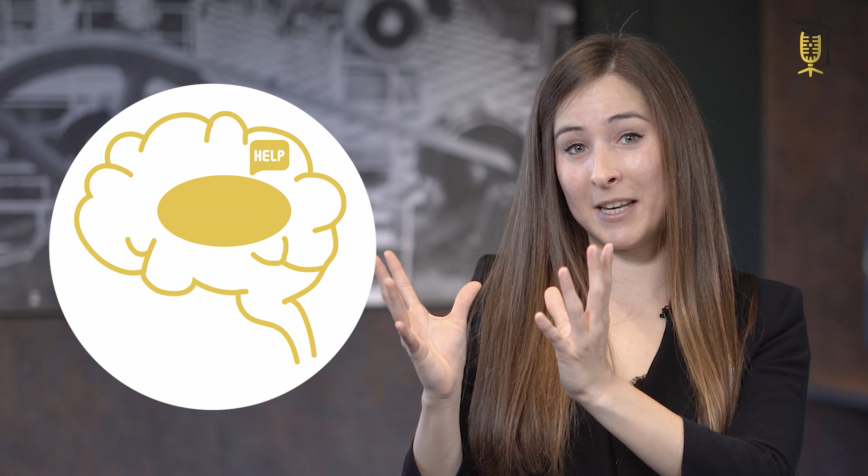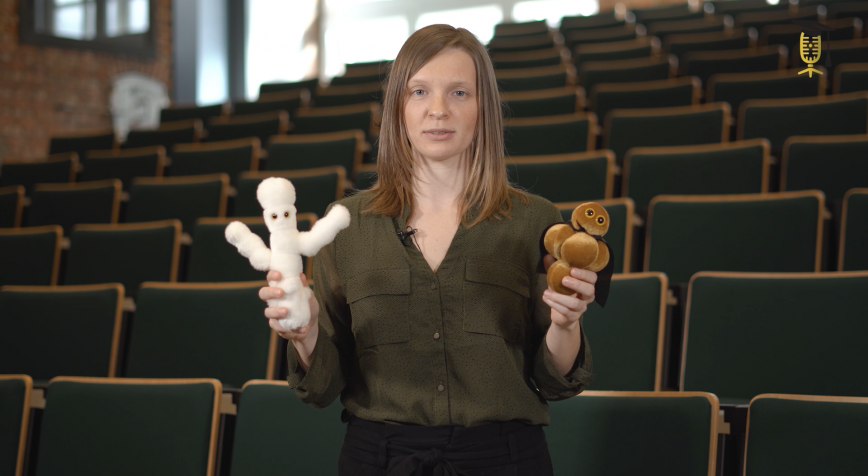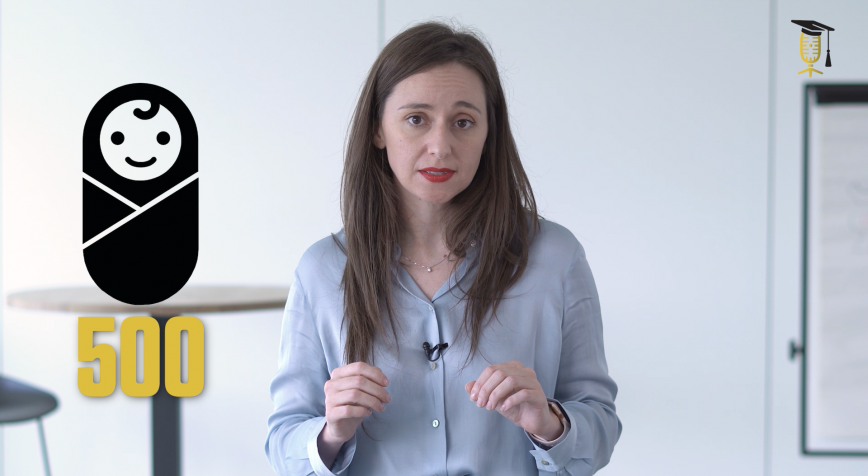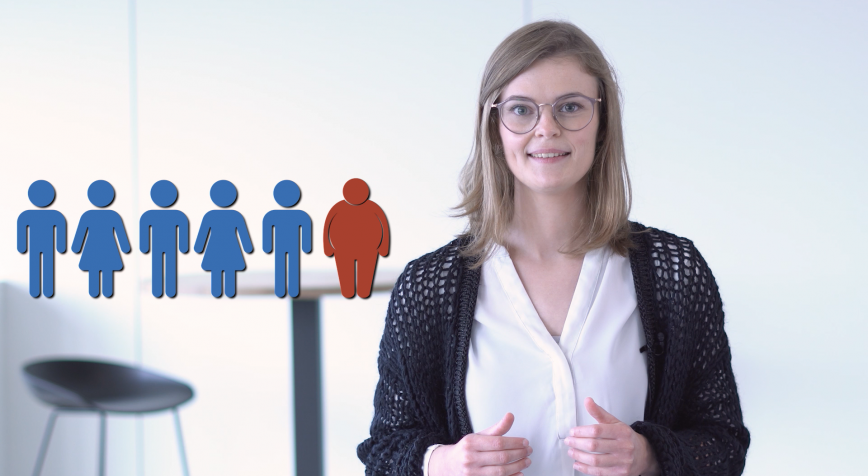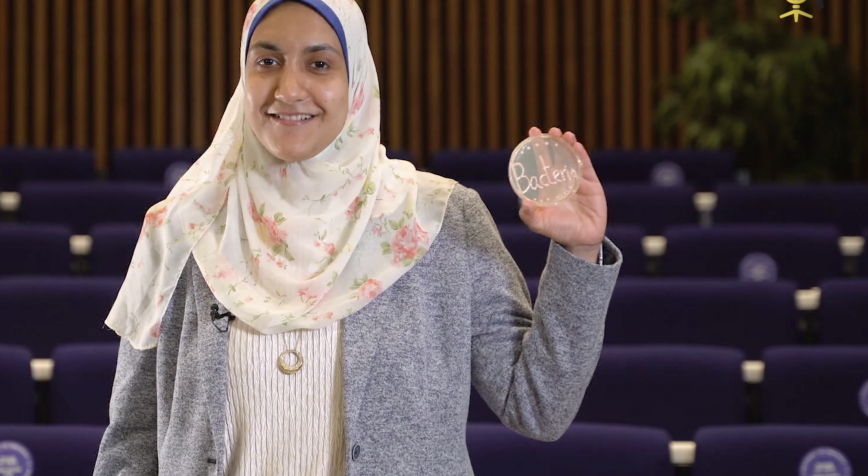
VUB
Producing bioplastics with heat-loving bacteria
Did you know that some bacteria can be used to produce a kind of bioplastic? This biodegradable plastic could become a sustainable alternative for the current petroleum-based plastics, but at the moment the cost of the production of this bacterial bioplastic is still too high. Microbiologist Radwa Moanis (VUB) explains why turning to heat-loving bacteria might solve this problem 🦠 🌡
